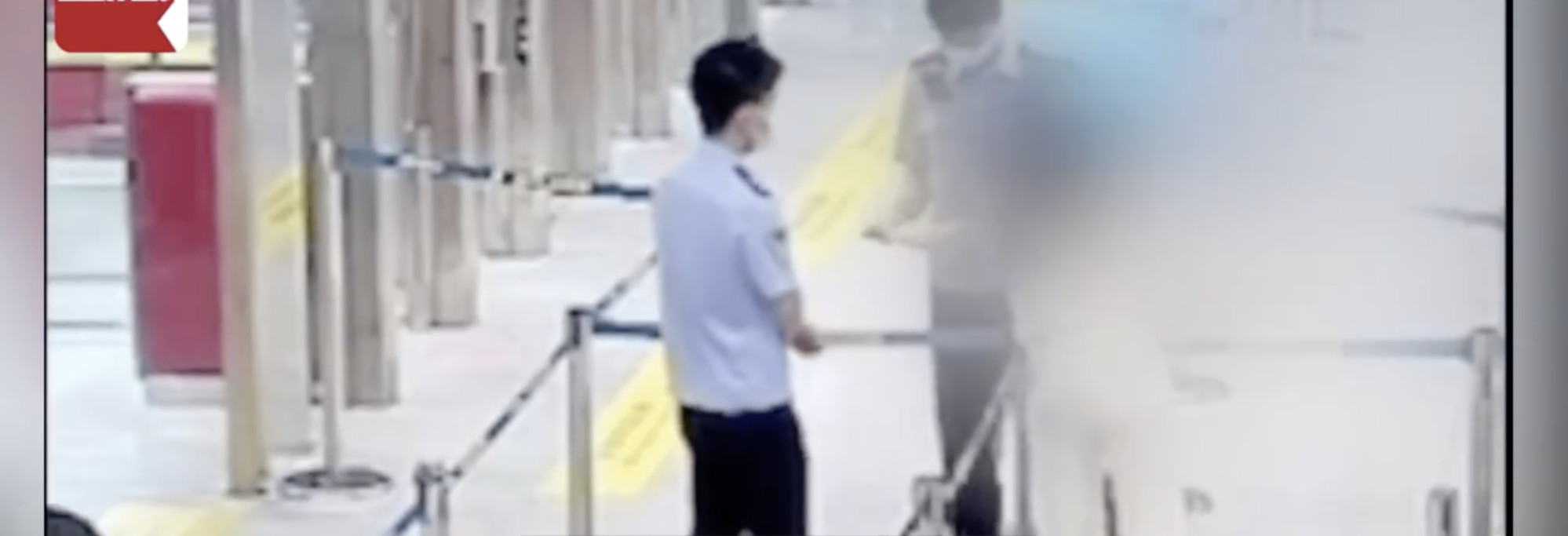Worried woman in China, 41, snared at airport with fake passport hiding real age from 24-year-old boyfriend
She attempted to seize her passport to prevent the officer from inspecting it, and asked for a private conversation while urging her boyfriend to proceed through the checkpoint.

Further investigation revealed that she held two Chinese passports with differing birth dates.
After close examination, the Beijing General Station of Exit and Entry Frontier Inspection determined one passport was fraudulent, with altered personal details.
The woman confessed she had deliberately hidden her real age to maintain her relationship with her boyfriend because he was 17 years younger than her.
Fearing the revelation of her real age would adversely affect their relationship, she spent 6,500 yuan (US$900) on a fake passport with the false birth year of 1996 for their trip to Japan.
When questioned by immigration officers, she appeared to feel wronged and exclaimed in frustration: “I only changed my age”.
She was eventually fined 3,000 yuan and her counterfeit passport was confiscated.
The incident has triggered both humour and surprise on mainland social media.
“She changed her birth year from 1982 to 1996; that’s a significant age gap. Didn’t her boyfriend notice before?” one person said.
“If they have true love, age shouldn’t matter. But seriously, it seems she doesn’t ‘look old’ because otherwise, how could she hide it?” said another.
“Well, not only does her boyfriend know her real age now, but even us strangers do,” quipped a third.
Another replied: “Just a 3,000-yuan fine? Is that all?”

According to China’s Entry and Exit Administration law, using forged or altered immigration documents can lead to detention for five to 10 days and a fine of up to 10,000 yuan (US$1,400).
In another case in August 2021, when pandemic-related restrictions were strictly imposed on passport applications in China, a 23-year-old woman from Deyang, Sichuan province in southwestern China, desperate to obtain a passport to meet her boyfriend, spent 2,000 yuan on a counterfeit admission letter from a Singapore university.